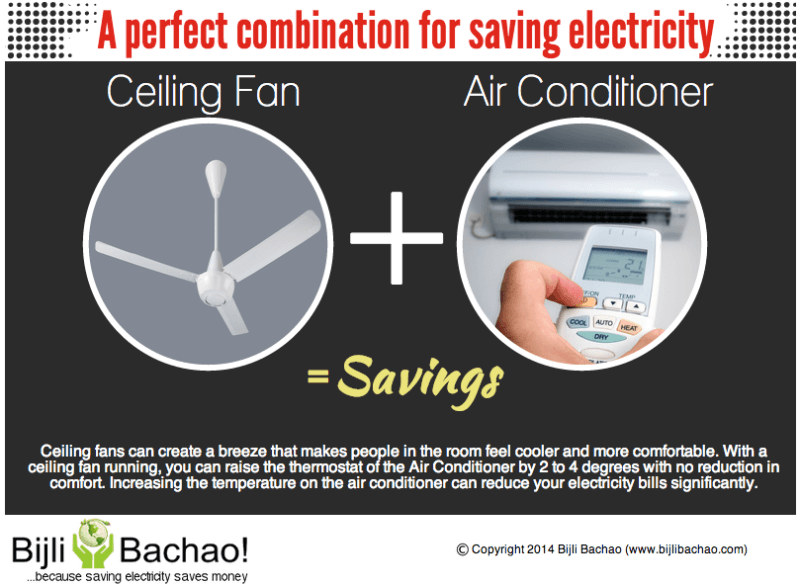The Future Of Home Home Heating - Exactly How Heatpump Innovation Is Evolving
The Future Of Home Home Heating - Exactly How Heatpump Innovation Is Evolving
Blog Article
Writer-Rosenthal Roy
Heat pumps will certainly be a crucial innovation for decarbonising heating. In a situation constant with governments' announced power and environment commitments, their global capacity increases by 2030, while their share in heating rises to one-quarter.
They work best in well-insulated homes and rely on electricity, which can be provided from a renewable power grid. https://climatecontrolunit22111.blogpixi.com/29581651/the-ultimate-guide-to-recognizing-warmth-pumps-just-how-do-they-function are making them much more efficient, smarter and less costly.
visit this web-site utilize a compressor, cooling agent, coils and followers to relocate the air and warm in homes and appliances. They can be powered by solar energy or power from the grid. They have been gaining popularity as a result of their low cost, quiet procedure and the capability to generate electrical energy during peak power need.
Some business, like IdaTech and BG MicroGen, are dealing with fuel cells for home heating. These microgenerators can replace a gas boiler and generate a few of a residence's electrical requirements with a link to the power grid for the rest.
But there are reasons to be hesitant of using hydrogen for home heating, Rosenow says. It would be costly and ineffective contrasted to various other modern technologies, and it would certainly include in carbon discharges.
Smart and Connected Technologies
Smart home innovation permits home owners to attach and regulate their devices from another location with the use of smartphone apps. For instance, wise thermostats can discover your heating choices and automatically adjust to enhance power intake. Smart illumination systems can be regulated with voice commands and instantly switch off lights when you leave the room, lowering power waste. And wise plugs can keep track of and handle your electric usage, permitting you to recognize and restrict energy-hungry devices.
The tech-savvy household portrayed in Carina's meeting is a good image of exactly how occupants reconfigure room home heating practices in the light of brand-new clever home innovations. They rely on the devices' automatic features to carry out daily changes and regard them as a practical methods of performing their home heating practices. As such, they see no reason to adapt their techniques further in order to make it possible for flexibility in their home power need, and interventions targeting at doing so may encounter resistance from these houses.
Electricity
Since heating up homes make up 13% of US discharges, a switch to cleaner choices might make a huge difference. But the innovation encounters difficulties: It's pricey and requires considerable home remodellings. And it's not always suitable with renewable energy resources, such as solar and wind.
Till just recently, electric heat pumps were too expensive to take on gas designs in many markets. But new developments in style and products are making them a lot more budget friendly. And much better cold climate performance is enabling them to operate well also in subzero temperature levels.
The following step in decarbonising home heating might be the use of warmth networks, which attract warmth from a main source, such as a neighboring river or sea inlet, and disperse it to a network of homes or structures. That would certainly lower carbon exhausts and allow homes to take advantage of renewable resource, such as eco-friendly power from a grid provided by renewables. This choice would be much less pricey than switching over to hydrogen, a fossil fuel that needs new infrastructure and would only minimize carbon dioxide exhausts by 5 percent if coupled with boosted home insulation.
Renewable Energy
As electrical power prices go down, we're beginning to see the same trend in home heating that has driven electric cars and trucks into the mainstream-- but at an also quicker pace. chch mitsubishi for electrifying homes has actually been pushed even more by new research study.
Renewables represent a considerable share of modern-day warmth intake, however have actually been offered minimal policy focus globally compared to other end-use markets-- and even much less focus than electrical energy has. Partially, this reflects a mix of customer inertia, split rewards and, in numerous countries, subsidies for nonrenewable fuel sources.
New innovations might make the shift easier. For https://daltonmamyk.blogdosaga.com/29234037/exploring-the-ecological-benefits-of-warmth-pumps-a-sustainable-heating-option , heatpump can be made more energy effective by changing old R-22 cooling agents with new ones that do not have the high GWPs of their precursors. Some experts additionally envision district systems that draw warmth from a nearby river or sea inlet, like a Norwegian fjord. The warm water can after that be used for heating & cooling in a neighborhood.